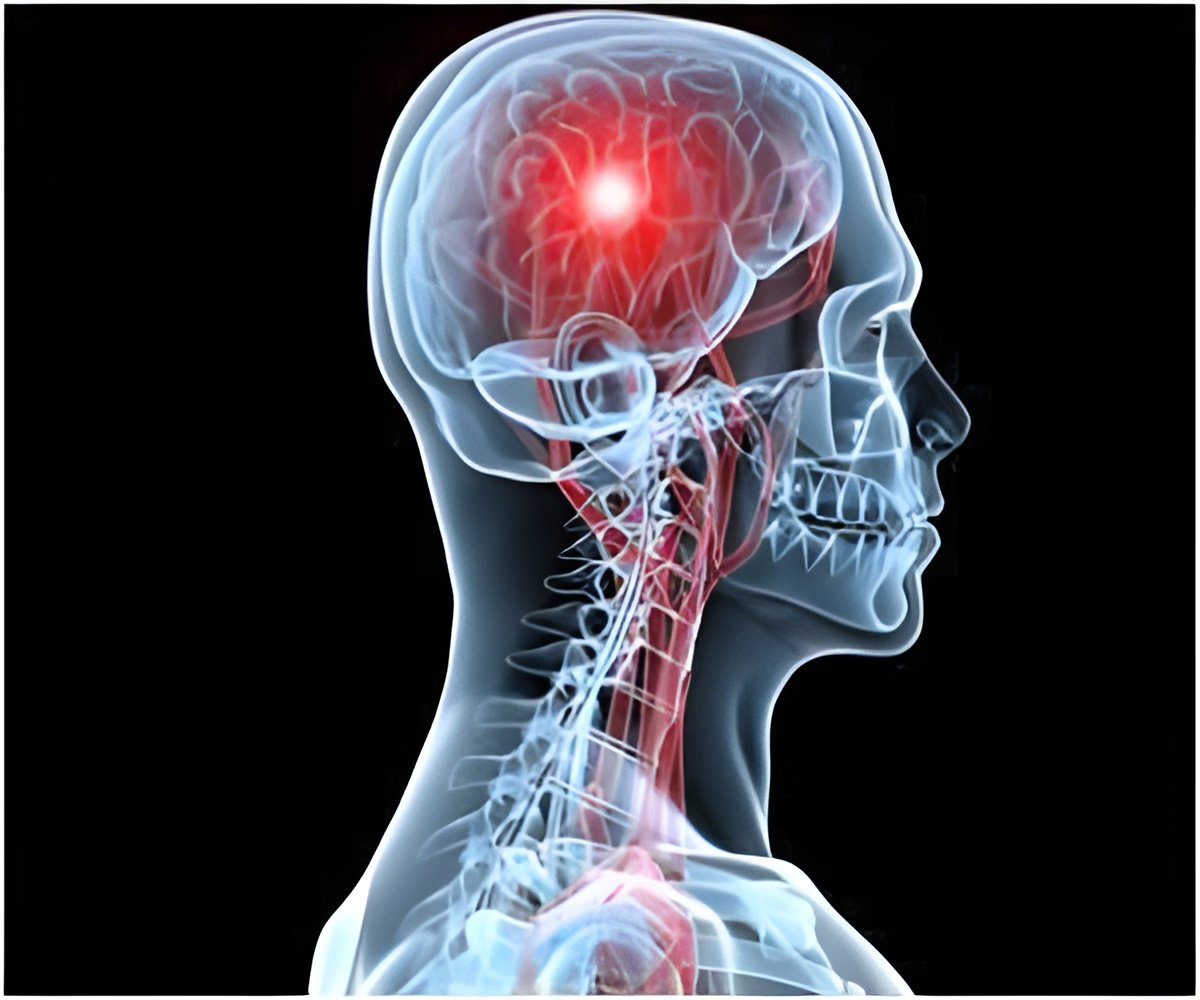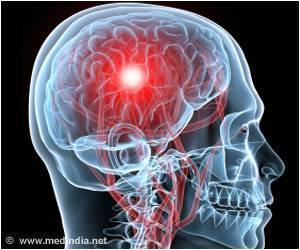Repeated blows to the head causes the behavioral damage according to a new study.

One of the barriers to potential treatments for TBI and CTE is that no model of the disease exists. Animal equivalents of human diseases are a critical early-stage tool in the scientific process of understanding a condition, developing new ways to diagnose it, and evaluating experimental therapies.
"This new model captures both the clinical aspects of repetitive mild TBI and CTE," said Anthony L. Petraglia, M.D., a neurosurgeon with the University of Rochester School of Medicine and Dentistry and lead author of the study. "While public awareness of the long-term health risk of blows to the head is growing rapidly, our ability to scientifically study the fundamental neurological impact of mild brain injuries has lagged."
There has been a great deal of discussion in recent years regarding concussions as a result of blows to the head in sports. An estimated 3.8 million sports-related concussions occur every year. Mild traumatic brain injury is also becoming more common in military personnel deployed in combat zones. Over time, the frequency and degree of these injuries can lead short and long-term neurological impairment and, in extreme examples, to CTE, a form of degenerative brain disease.
The experiments described in the study were designed in a manner that simulates the type of mild TBI that may occur in sports or other blows to the head. The researchers evaluated the mice's performance in a series of tasks designed to measure behavior. These included tests to measure spatial and learning memory, anxiety and risk-taking behavior, the presence of depression-like behavior, sleep disturbances, and the electrical activity of their brain. The mice with repetitive mild TBI did poorly in every test and this poor performance persisted over time.
"These results resemble the spectrum of neuro-behavioral problems that have been reported and observed in individuals who have sustained multiple mild TBI and those who were subsequently diagnosed with CTE, including behaviors such as poor judgment, risk taking, and depression," said Petraglia.
Advertisement
"Undoubtedly further work is needed," said Petraglia. "However, this study serves as a good starting point and it is hoped that with continued investigation this novel model will allow for a controlled, mechanistic analysis of repetitive mild TBI and CTE in the future, because it is the first to encapsulate the spectrum of this human phenomenon."
Advertisement
Source-Eurekalert












